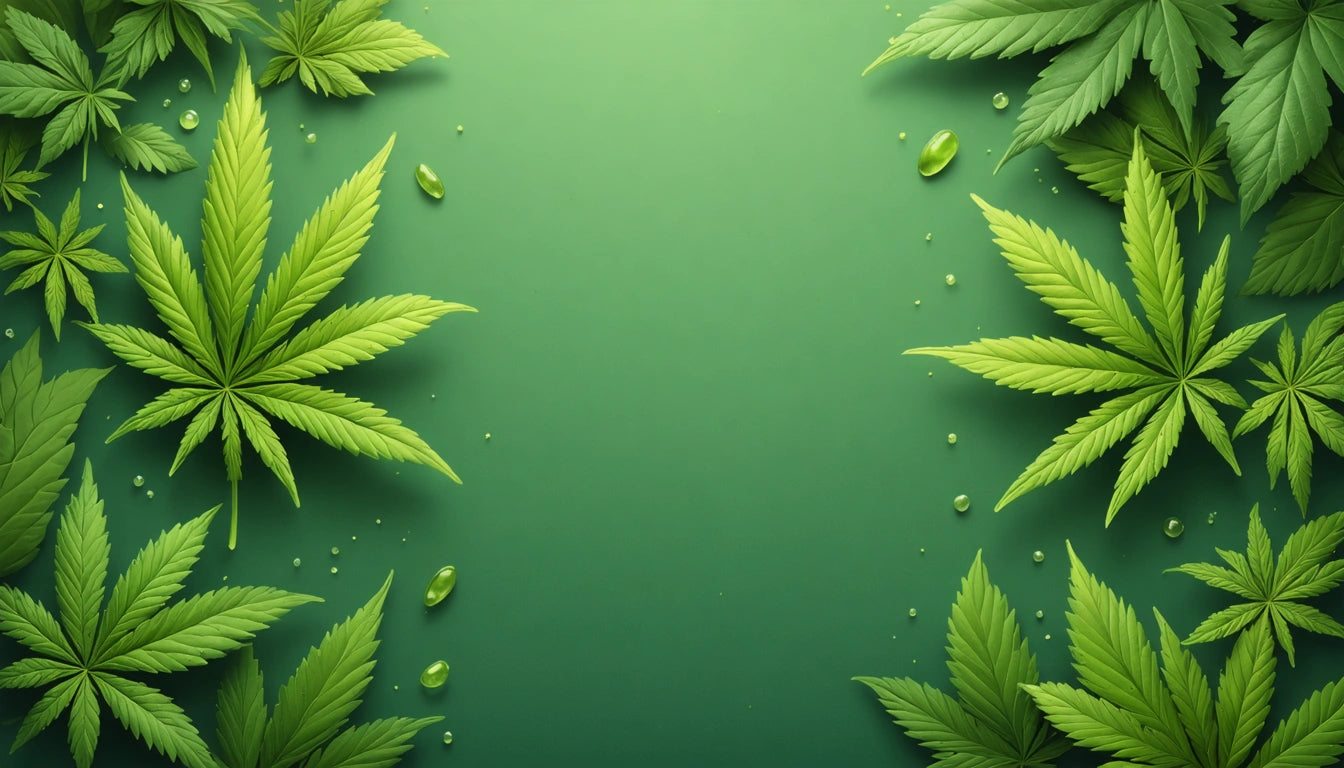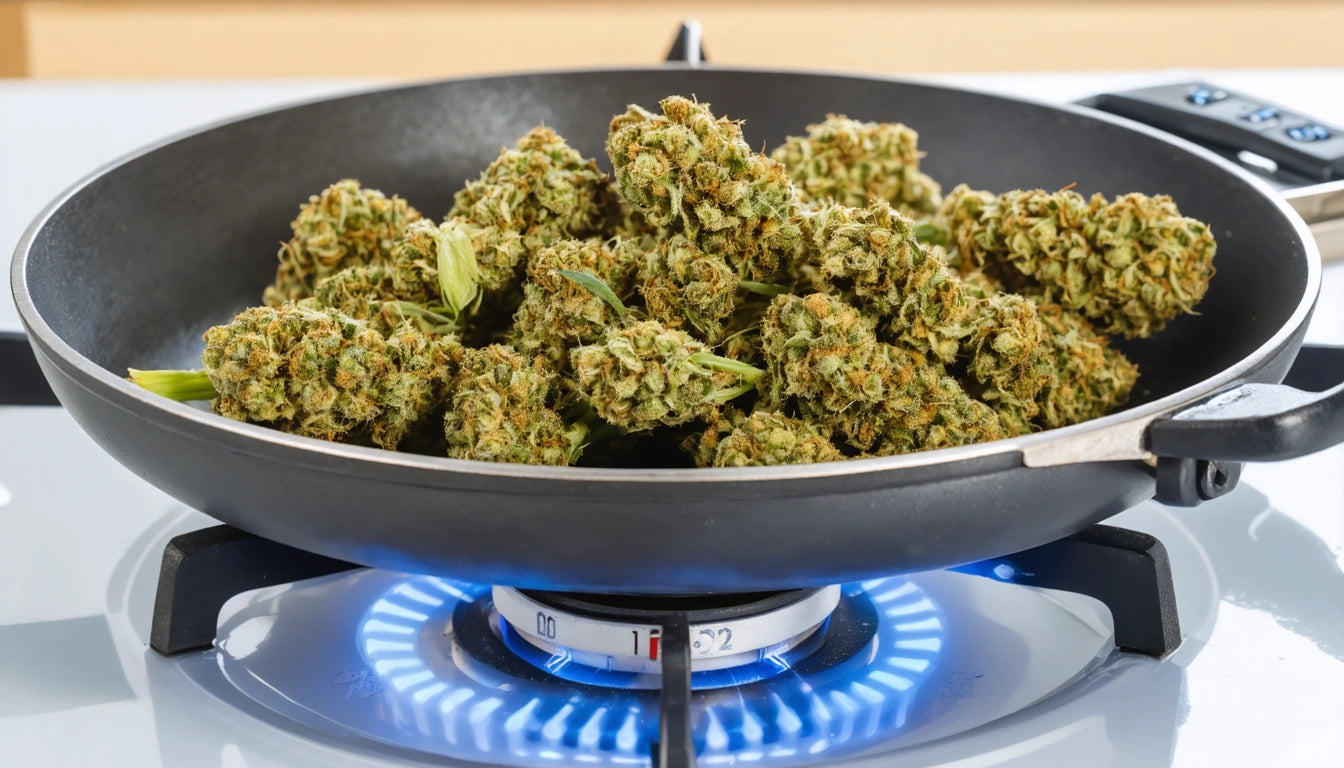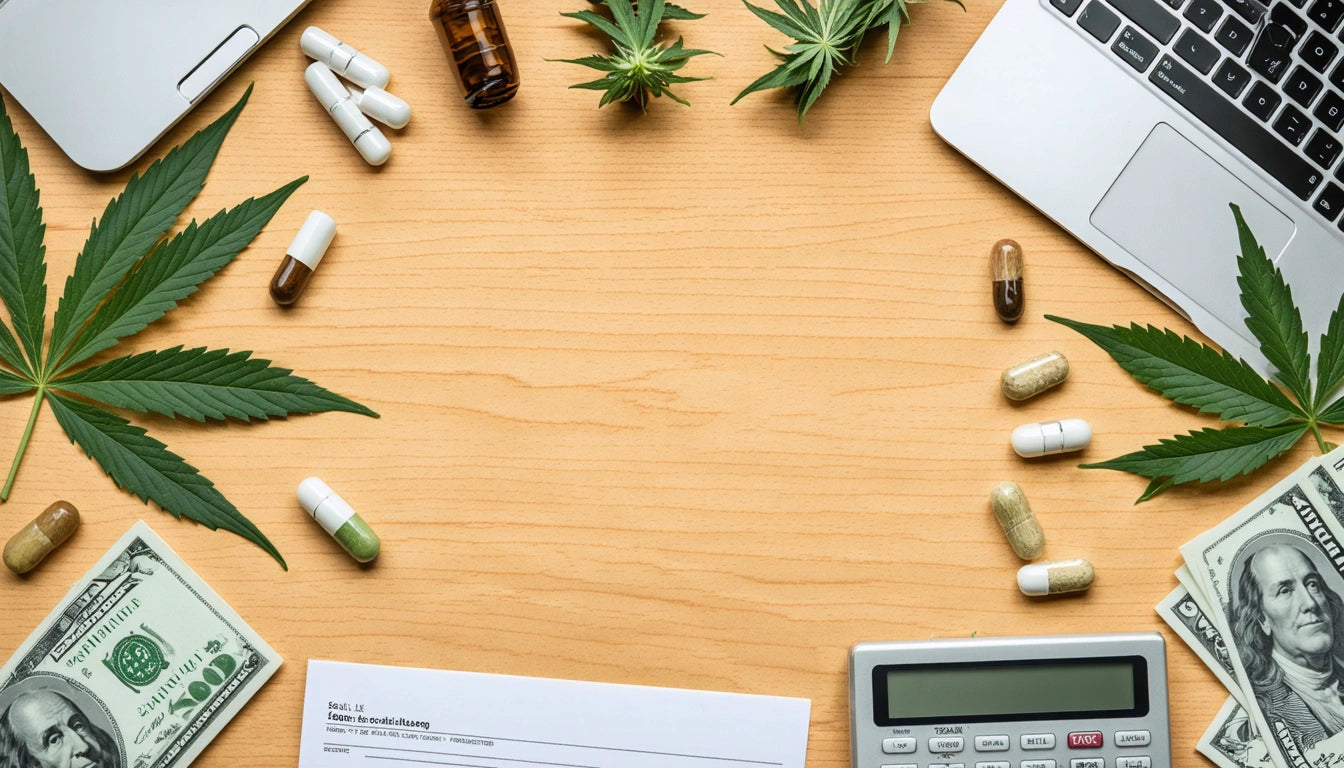Table of Contents
- Understanding Medical Marijuana Programs in CT, DC, and VA
- How to Get a Medical Weed Card in CT: Requirements and Process
- How to Get a Medical Marijuana Card in DC: Step-by-Step Guide
- How to Get a Weed Card in VA: Qualification and Application
- After Approval: Using Your Medical Marijuana Card Effectively
- Regional Benefits and Limitations: What Your Card Provides
How to Obtain a Medical Marijuana Card in CT, DC, and VA
Navigating the process of obtaining a medical marijuana card can be complex, with requirements varying significantly between Connecticut, Washington DC, and Virginia. Each jurisdiction has its own set of qualifying conditions, application procedures, and renewal processes that potential patients must understand. This comprehensive guide breaks down how to get a medical marijuana card in each location, ensuring you have all the information needed to access legal cannabis for therapeutic purposes.
Understanding Medical Marijuana Programs in CT, DC, and VA
Medical marijuana programs in Connecticut, Washington DC, and Virginia share some similarities but differ in key aspects. All three require physician certification, but the qualifying conditions, costs, and processing times vary. Connecticut established its program in 2012, DC in 2010, and Virginia most recently expanded its program in 2021, making it the newest of the three.
Before beginning any application process, patients should understand that these programs are designed to provide access to cannabis for genuine medical needs. Recreational use is not a qualifying reason, though DC does have separate provisions for recreational cannabis.
How to Get a Medical Weed Card in CT: Requirements and Process
Connecticut Qualifying Conditions
Connecticut has a specific list of qualifying conditions that include:
- Cancer
- Glaucoma
- HIV/AIDS
- Parkinson's disease
- Multiple sclerosis
- Epilepsy
- Chronic pain
- PTSD
- Sickle cell disease
The full list is more extensive and occasionally updated by the Department of Consumer Protection.
Connecticut Application Steps
To get a weed card in CT, follow these steps:
- Consult with a Connecticut-licensed physician who can certify your qualifying condition
- Register online with the Department of Consumer Protection's Medical Marijuana Program
- Submit your physician certification, proof of identity, proof of residency, and the $100 application fee
- Wait for approval, which typically takes 30 days
Connecticut's program requires annual renewal, and patients should begin this process at least 30 days before expiration to maintain continuous access.
How to Get a Medical Marijuana Card in DC: Step-by-Step Guide
DC Qualifying Conditions
Washington DC has a more open approach to qualifying conditions. While they list specific conditions like:
- Cancer
- HIV/AIDS
- Glaucoma
- PTSD
- Chronic pain
DC also allows physicians to recommend medical cannabis for any condition they believe could benefit from medical marijuana treatment.
DC Application Process
For those wondering how to get a medical weed card in DC, the process involves:
- Obtain a recommendation from a DC-licensed physician
- Complete the online application through the Alcoholic Beverage Regulation Administration (ABRA)
- Submit proof of DC residency, physician recommendation, and a 2x2 photo
- Pay the application fee ($100, with reduced fees available for qualifying patients)
- Receive your card, typically within 30 days
DC's program is particularly accessible for patients who may benefit from medical cannabis but don't have conditions specifically listed in other states' programs. This makes DC an option worth considering for patients with less common conditions.
How to Get a Weed Card in VA: Qualification and Application
Virginia's Qualifying Conditions
Virginia's approach falls between Connecticut's specific list and DC's open model. Virginia allows practitioners to certify patients for any condition that the practitioner believes could be helped by medical cannabis. Common conditions include:
- Chronic pain
- PTSD
- Cancer
- Multiple sclerosis
- Parkinson's disease
- Anxiety
Virginia Application Steps
To get a medical marijuana card in VA:
- Register with the Virginia Board of Pharmacy
- Obtain certification from a registered practitioner
- Complete the online application
- Pay the $50 registration fee
- Receive your registration, typically within 30 days
Virginia's program has evolved significantly since 2021, with more dispensaries opening across the state and improved access for patients. The state also allows for designated caregivers for patients who cannot visit dispensaries themselves.
For those storing their medical cannabis at home, proper humidity control solutions can help maintain the quality and effectiveness of your medicine, especially in Virginia's varying climate conditions.
After Approval: Using Your Medical Marijuana Card Effectively
Once you've received your medical marijuana card, there are several important considerations:
Dispensary Access
Each jurisdiction has different dispensary systems:
- Connecticut has licensed dispensaries throughout the state
- DC has licensed dispensaries and allows home cultivation
- Virginia has a growing network of dispensaries, though coverage varies by region
Purchase Limits
Purchase limits vary by location:
- Connecticut: Monthly supply as determined by your physician
- DC: 4 ounces in a 30-day period
- Virginia: 4 ounces of botanical cannabis or equivalent in other forms
Patients should also be aware of reciprocity between states, as some programs honor out-of-state cards while others do not.
Regional Benefits and Limitations: What Your Card Provides
Understanding the differences between these three programs can help patients make informed decisions about where to apply if they have residency options:
- Connecticut offers strong patient protections but has more limited qualifying conditions
- DC provides the most flexible qualification process and allows home growing
- Virginia has evolved quickly and now offers a practitioner-discretion model similar to DC
For patients living near borders, it may be worth investigating neighboring state programs to determine if reciprocity benefits exist.
Each program continues to evolve, with Connecticut considering adult-use sales, DC operating in a unique federal-district relationship, and Virginia expanding its medical program while considering adult-use regulations. Patients should stay informed about legislative changes that could affect their access and rights.
By understanding the specific requirements for how to get a medical marijuana card in CT, DC, or VA, patients can access legal cannabis products for their therapeutic needs while remaining compliant with state laws and regulations. The investment in obtaining a medical card provides legal protections, access to tested products, and often tax advantages compared to recreational markets.











Leave a comment
All comments are moderated before being published.
This site is protected by hCaptcha and the hCaptcha Privacy Policy and Terms of Service apply.